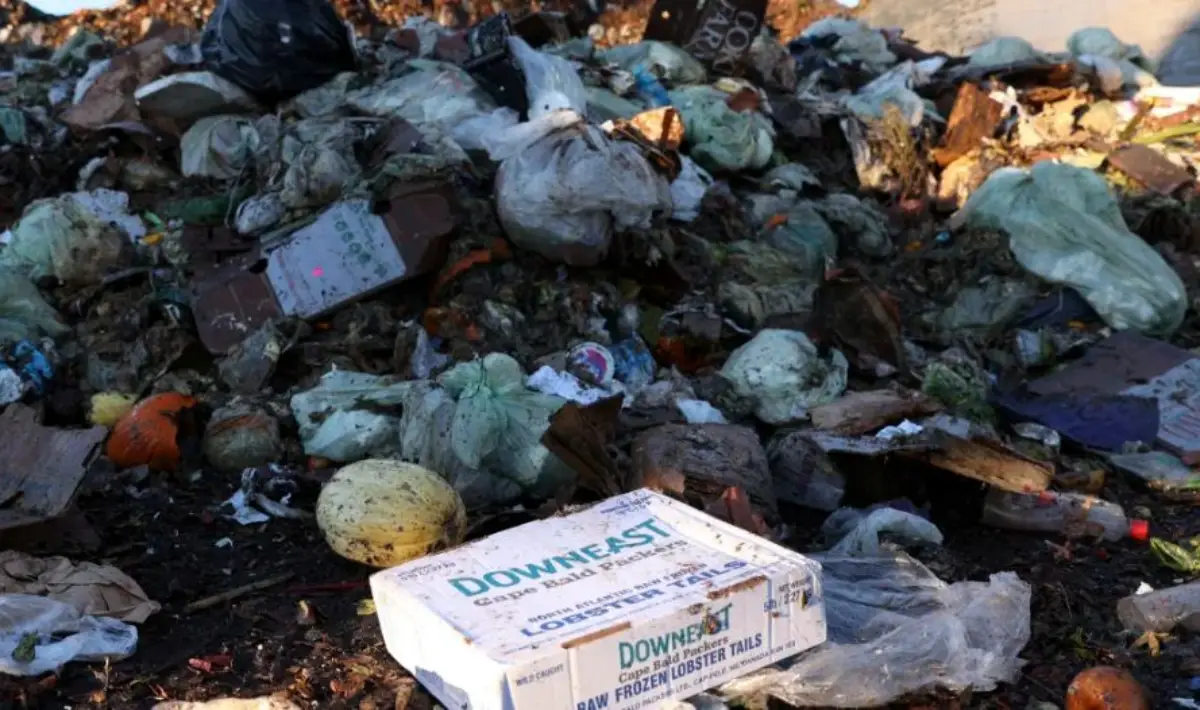
Households Waste Over 1 Billion Meals A Day: UN
NAIROBI, (IANS) – Households across all continents wasted more than 1 billion meals a day in 2022, while 783 million people were affected by hunger and one-third of humanity faced food insecurity.
Food waste continues to hurt the global economy and fuel climate change, nature loss, and pollution. These are the key findings of a UN Environment Program (UNEP) report published on March 27, ahead of the International Day of Zero Waste.
In 2022 there were 1.05 billion tons of food waste generated (including inedible parts), amounting to 132 kg per capita and nearly one-fifth of all food available to consumers.
Of the total food waste in 2022, 60 percent happened at the household level, with food services responsible for 28 percent and retail for 12 percent.
“Food waste is a global tragedy. Millions will go hungry today as food is wasted across the world,” said Inger Andersen, Executive Director of UNEP.
“Not only is this a major development issue, but the impacts of such unnecessary waste are causing substantial costs to the climate and nature. The good news is we know if countries prioritize this issue, they can significantly reverse food loss and waste, reduce climate impacts and economic losses, and accelerate progress on global goals.”
Since 2021, there’s been a strengthening of the data infrastructure with more studies tracking food waste. Globally, the number of data points at the household level almost doubled. Nevertheless, many low- and middle-income countries continue to lack adequate systems for tracking progress.
Only four G20 countries — Australia, Japan, the UK, the US, and the European Union — have food waste estimates suitable for tracking progress till 2030.
Canada and Saudi Arabia have suitable household estimates, with Brazil’s estimate expected in late 2024. In this context, the report serves as a practical guide for countries to consistently measure and report food waste.
The data confirms that food waste is not just a ‘rich country’ problem, with levels of household food waste differing in observed average levels for high-income, upper-middle, and lower-middle-income countries by just seven kg per capita.
At the same time, hotter countries appear to generate more food waste per capita in households, potentially due to higher consumption of fresh foods with substantial inedible parts and a lack of robust cold chains.
According to recent data, food loss and waste generate eight to 10 percent of annual global greenhouse gas emissions — almost five times that of the aviation sector — and significant biodiversity loss by taking up the equivalent of almost a third of the world’s agricultural land.
As of 2022, only 21 countries have included food loss and/or waste reduction in their national climate plans.




